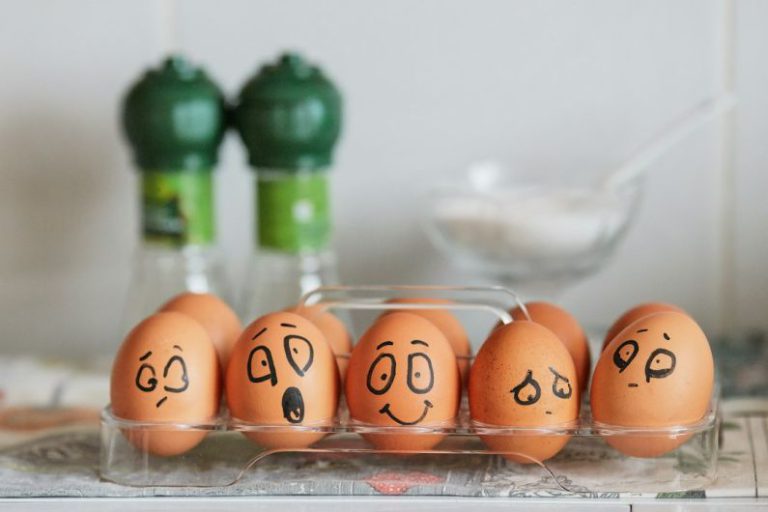Time Management Techniques for Creative Professionals
As a creative professional, finding a balance between creativity and productivity can be a challenging task. The nature of creative work often involves unpredictability and the need for inspiration, which can sometimes lead to time slipping away without much progress being made. However, with the right time management techniques in place, creative professionals can enhance their productivity, meet deadlines, and maintain a healthy work-life balance.
Harnessing the Power of Prioritization
One of the key time management techniques for creative professionals is prioritization. With a myriad of tasks and projects to juggle, it’s essential to identify the most important and urgent ones. Start by creating a to-do list and categorizing tasks based on their significance and deadline. By focusing on high-priority tasks first, you can ensure that important deadlines are met while managing your time efficiently.
Setting Realistic Goals and Deadlines
Setting realistic goals and deadlines is crucial for effective time management. While it’s tempting to take on multiple projects at once, spreading yourself too thin can lead to burnout and decreased quality of work. Instead, break down larger projects into smaller, manageable tasks and set specific deadlines for each. This approach not only helps in staying organized but also provides a sense of accomplishment as you complete tasks along the way.
Embracing Time Blocking
Time blocking is a powerful technique that involves allocating specific blocks of time to different tasks or activities. By creating a structured schedule for your day, you can minimize distractions and focus entirely on the task at hand. Whether it’s design work, brainstorming sessions, or meetings, setting aside dedicated time slots for each activity can enhance productivity and efficiency.
Utilizing Technology Tools
In today’s digital age, there is a wide array of tools and apps available to help creative professionals manage their time effectively. From project management software like Trello and Asana to time tracking apps such as Toggl and RescueTime, leveraging technology can streamline workflows and improve time management. Additionally, tools like calendar apps and scheduling software can help in organizing deadlines, meetings, and collaborative projects efficiently.
Embracing the Power of Breaks
While it may seem counterintuitive, taking regular breaks is essential for maintaining productivity and creativity. Creative professionals often work in bursts of inspiration, and it’s crucial to recharge and rejuvenate to sustain creativity over the long term. Whether it’s a short walk, a coffee break, or a quick meditation session, incorporating breaks into your workday can help in maintaining focus and preventing burnout.
Implementing the Pomodoro Technique
The Pomodoro Technique is a popular time management method that involves working in short, focused intervals followed by brief breaks. Typically, a Pomodoro interval consists of 25 minutes of focused work followed by a 5-minute break. After four consecutive intervals, take a longer break of 15-30 minutes. This technique can help in maximizing productivity, improving focus, and preventing fatigue.
Creating a Distraction-Free Environment
Distractions can significantly impact the productivity of creative professionals. Whether it’s email notifications, social media, or noisy environments, minimizing distractions is essential for effective time management. Create a dedicated workspace that is free from distractions, turn off notifications during focused work sessions, and establish boundaries to ensure uninterrupted creative flow.
Staying Flexible and Adaptable
Flexibility is key when it comes to time management for creative professionals. While it’s important to have a structured schedule and plan, unexpected events or creative blocks can arise, requiring a shift in priorities. Be open to adapting your schedule, rearranging tasks, and being flexible with deadlines to accommodate unforeseen circumstances without compromising on quality or creativity.
Incorporating Self-Care Practices
Lastly, self-care practices play a vital role in effective time management for creative professionals. Prioritize your physical and mental well-being by incorporating activities such as exercise, mindfulness, adequate sleep, and healthy eating habits into your daily routine. A healthy work-life balance is essential for sustaining creativity, productivity, and overall well-being in the long run.
In conclusion, time management is a critical skill for creative professionals looking to enhance their productivity, meet deadlines, and maintain a healthy work-life balance. By implementing prioritization, goal setting, time blocking, utilizing technology tools, taking breaks, embracing the Pomodoro Technique, creating a distraction-free environment, staying flexible, and incorporating self-care practices, creative professionals can optimize their time and achieve success in their creative endeavors.






